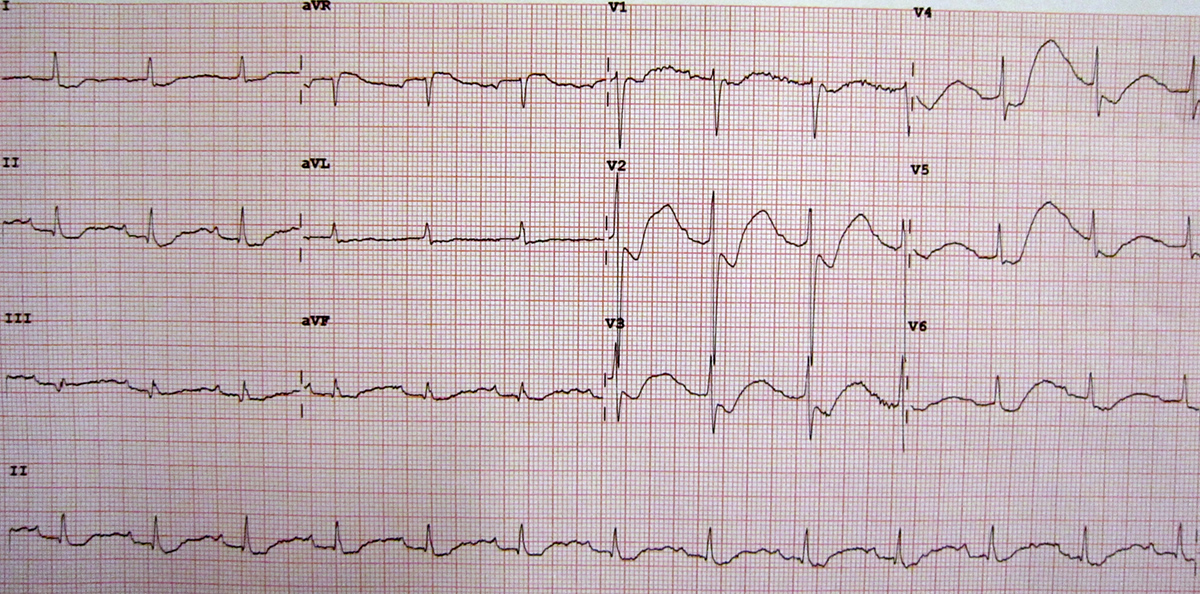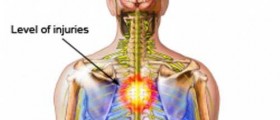
Description of the Condition
Low level of potassium is a condition that is present in every fifth hospitalized person in the United States. The normal levels are somewhere between 3.5 and 5 milliequivalents per liter. Conditions in which the levels of potassium drop to less than 2.5 milliequivalents per liter can be fatal and those who experience them need immediate medical attention. The result of low levels of potassium in the human body is the condition medically referred to as hypokalemia. Hypokalemia may cause further severe further medical complications such as a muscle weakness, disturbed heart rhythm, confusion, myalgia, serious arrhythmia, seizures, and hyponatremia.
Signs and Symptoms
The symptoms of low levels of potassium are in most cases mild but that is not necessarily always the case. The common symptoms include weakness, abnormal heart rhythms, palpitations, tingling, constipation, abdominal cramps, tiredness, muscle cramps, abdominal bloating, paralysis, numbness, vomiting, frequent thirst, fainting, nausea, frequent urinations, psychosis, hallucinations, confusion and depression.
Severe instances of hypokalemia may also occur with symptoms such as myalgia, disturbed heart rhythm, hyponatermia, muscle weakness, muscle pain, ectopy, seizures and confusion. Hypokalemia can also cause certain changes in electrocardiogram such as flattened T waves, prolonged QT intervals, U waves and ST depression. Potassium can be found in the intracellular fluid in the human body in large amounts. Its main purpose is to regulate the neuromuscular activity of the cardiac, smooth and skeletal muscle. Low levels of potassium trigger twitches and malfunctions of the muscles and the heart may experience premature contractions.
The muscles in charge of assisting the process of breathing may cause an occurrence of respiratory arrest. The kidneys can be affected as well which may lead to excessive amounts of thirst and urination. Decreased peristalsis may lead to paralyzation of the intestines reflected by a paralytic ileus which results in slow and inefficient bowel movement and motility. Low levels of potassium also commonly cause a decrease of appetite which may lead to anorexia in some cases.
Hypertension, chemotherapy and adrenal tumors can enhance the susceptibility to hypokalemia in some patients. People who take medications with diuretic properties may experience low levels of potassium because diuretics throw out excess water and the precious electrolytes from the body. Starvations can only make things even worse. Low levels of potassium in infants accompanied by excessive diarrhea and vomiting can sometimes even lead to a fatal cardiac arrest, because large amounts of potassium from gastric fluids get lost through vomiting.

















Your thoughts on this
Loading...